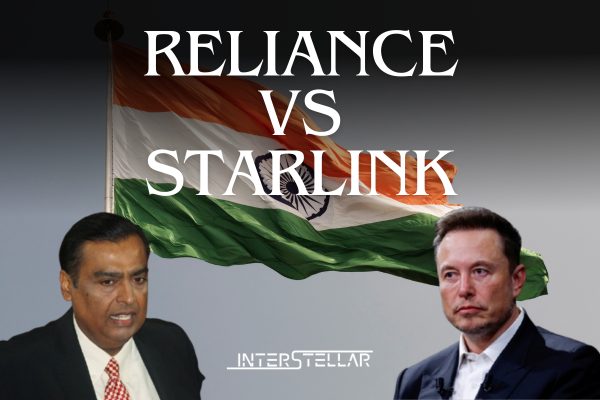Reliance Pushes for Satellite Spectrum Auction in India
Indian billionaire Mukesh Ambani’s Reliance is once again urging India’s telecom regulator to consider an auction-based approach for allocating satellite spectrum. The call comes only weeks after the government decided to allocate this spectrum on an administrative basis, sparking debate among industry players.
Reliance’s Concerns Over Administrative Allocation
Ravi Gandhi, a senior policy executive at Reliance, voiced strong concerns over the current first-come, first-served approach, calling it “flawed” and “discriminatory.” He expressed these views during an open house discussion organised by the Telecom Regulatory Authority of India (TRAI). Representatives from other major players, including Elon Musk’s Starlink and Bharti Airtel, were also present to discuss the issue.
Reliance argues that an auction system would ensure a fair and transparent allocation of satellite spectrum. They believe that the administrative method could favour certain companies, stifling competition and innovation.
Starlink’s Advantage in India’s New Allocation Plan
India’s decision to use an administrative approach for spectrum allocation is seen as a benefit for Starlink, Elon Musk’s satellite internet venture. Starlink has long shown interest in the Indian market but has faced regulatory challenges. The new method could simplify Starlink’s entry into India, offering a faster path to launch its services in the country.
Industry Reactions and Future Implications
The discussion over satellite spectrum allocation reflects broader concerns within India’s telecom sector about transparency and equal opportunity. With stakeholders divided, TRAI faces pressure to review its allocation strategy to balance fair competition with the country’s strategic interests in connectivity and technology.
For now, the debate signals the growing interest and competition in India’s satellite internet space, which is set to play a vital role in the country’s connectivity plans.





